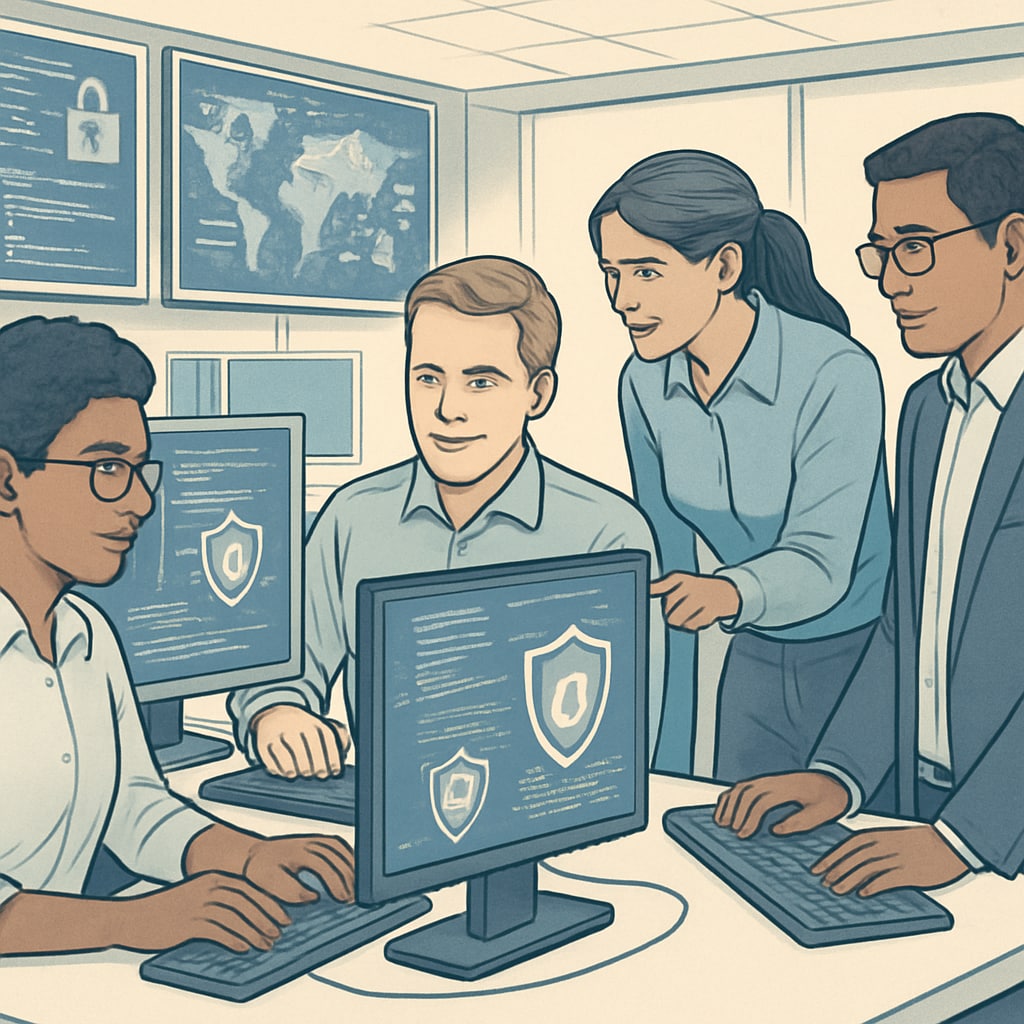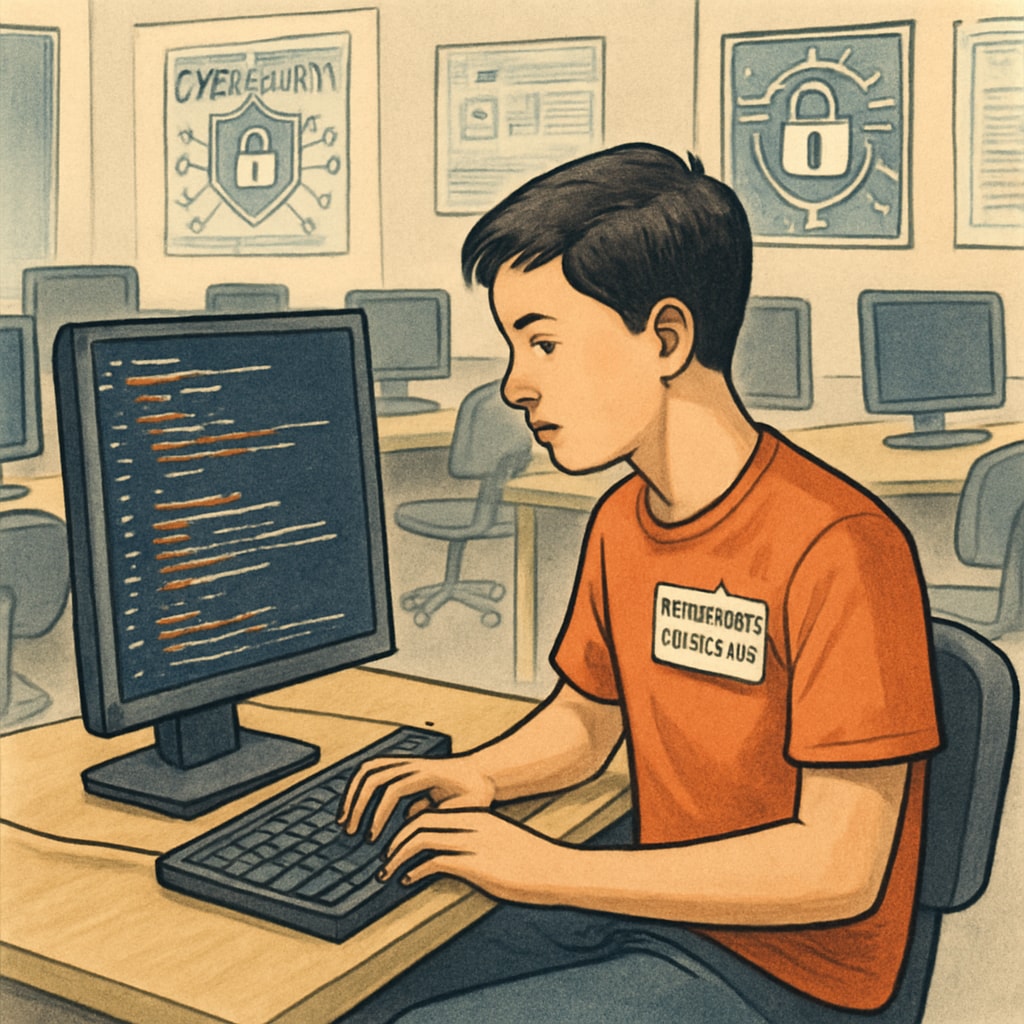In today’s digital age, the connection between university reputation, employment prospects, and cybersecurity careers cannot be overlooked. As the demand for skilled professionals in cybersecurity continues to rise, K12 students and their families are increasingly considering how academic prestige may shape future opportunities. This article explores the real impact of university reputation on cybersecurity career pathways, offering practical advice on balancing the importance of academic standing with hands-on skill development.
Why University Reputation Matters in Cybersecurity
University reputation often plays a role in the hiring process, especially in industries like cybersecurity, where trust and expertise are paramount. Well-known universities often provide graduates with access to extensive alumni networks, partnerships with top tech firms, and internships that open doors to high-profile roles. For example, university rankings can influence how employers perceive candidates, particularly for entry-level positions.
However, reputation alone does not guarantee success. Employers in cybersecurity increasingly prioritize practical skills, certifications, and real-world experience. Therefore, students must evaluate whether a university’s prestige aligns with the hands-on training required in this rapidly evolving field.

Balancing Academic Prestige with Practical Experience
While attending a prestigious university can enhance employment prospects, it is equally important to focus on developing practical skills. Cybersecurity professionals must stay ahead of emerging threats, which requires a mix of theoretical knowledge and hands-on expertise. Students should look for programs that combine rigorous coursework with opportunities for practical application, such as labs, simulations, and internships.
In addition, certifications like CompTIA Security+, Certified Ethical Hacker (CEH), and CISSP (Certified Information Systems Security Professional) are highly valued by employers. These credentials often carry more weight than a university’s name when applying for specialized roles.
Tips for K12 Students Planning a Cybersecurity Career
K12 students considering cybersecurity should focus on both academic and extracurricular activities that build relevant skills. Here are some actionable steps:
- Research universities: Look for programs with strong cybersecurity departments, regardless of overall reputation.
- Seek internships: Early exposure to real-world cybersecurity environments can enhance employability.
- Pursue certifications: Start with entry-level certifications to demonstrate commitment to the field.
- Participate in competitions: Events like CyberPatriot or Capture the Flag (CTF) provide valuable experience.
- Network: Connect with professionals through LinkedIn, local meetups, or industry conferences.

Employment Prospects in the Cybersecurity Field
Cybersecurity roles are among the fastest-growing jobs in the technology sector. According to the Encyclopedia Britannica, the global shortage of cybersecurity professionals is projected to reach millions over the next decade. This demand creates opportunities for students from diverse academic backgrounds, provided they can demonstrate the necessary skills and certifications.
Moreover, many companies prioritize diversity in hiring and are open to candidates from less traditional educational paths. Students should leverage this trend by showcasing their unique skills and experiences, whether they stem from university coursework or independent projects.
As a result, while university reputation offers advantages, it is not the sole determinant of success in cybersecurity. A balanced approach that includes practical skills, certifications, and networking can significantly enhance employment prospects.
Readability guidance: Use short paragraphs and clear lists to summarize key points. The article focuses on balancing academic reputation and practical skills, with examples and actionable tips for K12 students.


